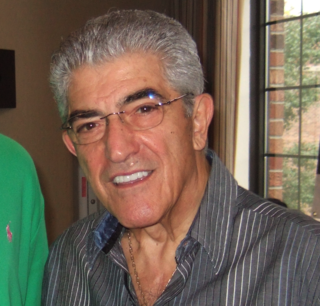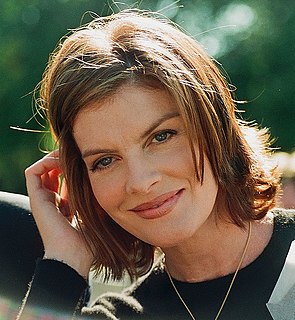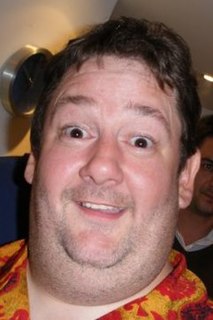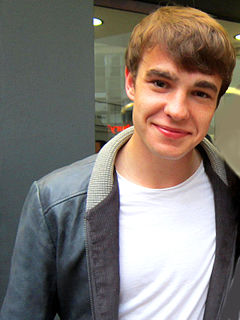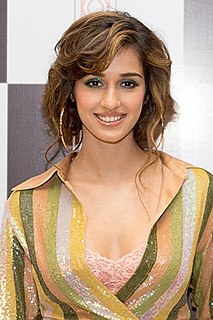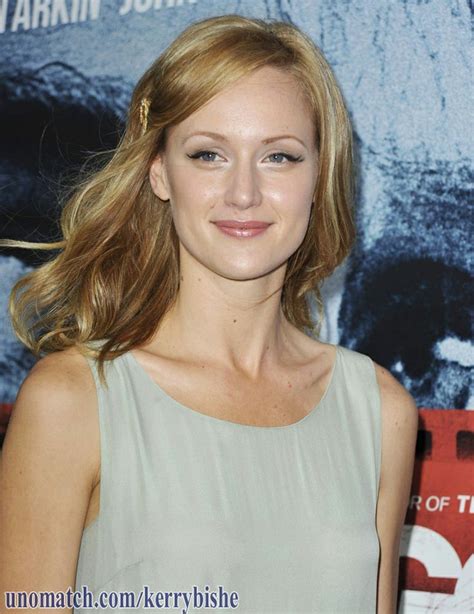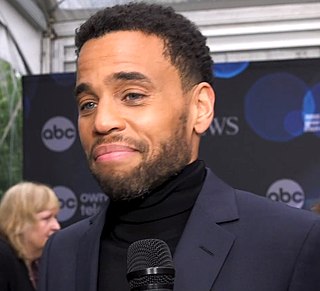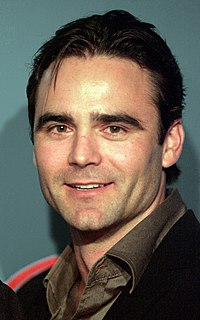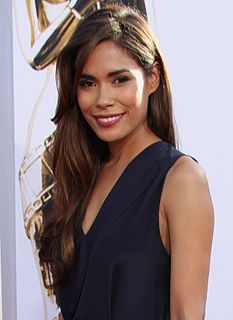A Quote by Joshua Rush
When you're acting in front of a camera, you can really give all of your emotions with your eyes so the camera can see it. When you're in voiceover, you can't do that at all. It's a lot tougher because you have to convey this emotion, and you have to have a lot of trust in the animators.
Related Quotes
A huge part of what we do as actors is learning to ignore the camera, as if it's not even there, while simultaneously being very aware of the camera and what it's capturing, because you can give the best performance of your life, but if you do it with the back of your head facing the camera, it's going to get cut from the movie.
I'm always going to hear people make that connection and I've just accepted it. It's alright. I'm just happy that I get to do my own thing now. I learned a lot from the show [the Voice] as far as being in the TV world and being in front of the camera, which is really great because I'm not as nervous in front of the camera as I was before.
I couldn't be 'Johnny' in front of a camera in acting jobs and behind the camera I like to be 'Michael.' With directing, you can't do it by halves. There's a lot of reflection, and I have found that I, as 'Michael,' thrive on it. It's lovely coming home and feeling that stuff from a day's work as myself.
McLeod's Daughters was my first regular job out of drama school, and my first full-time role. That was great because I learned a lot, in terms of working in front of the camera. I learned a lot of technical aspects that you take for granted once you know them, but you have to learn them somewhere, along the way. It was a bit of a training ground for me, working in front of the camera and also dealing with media.

